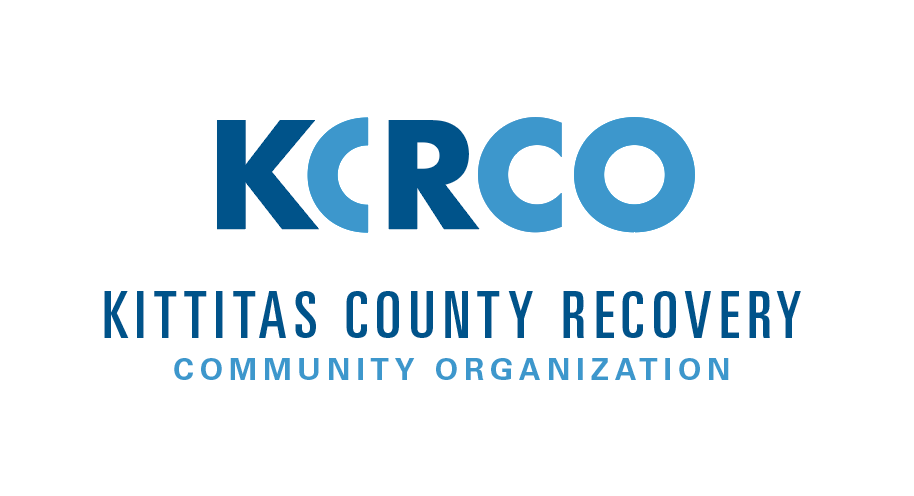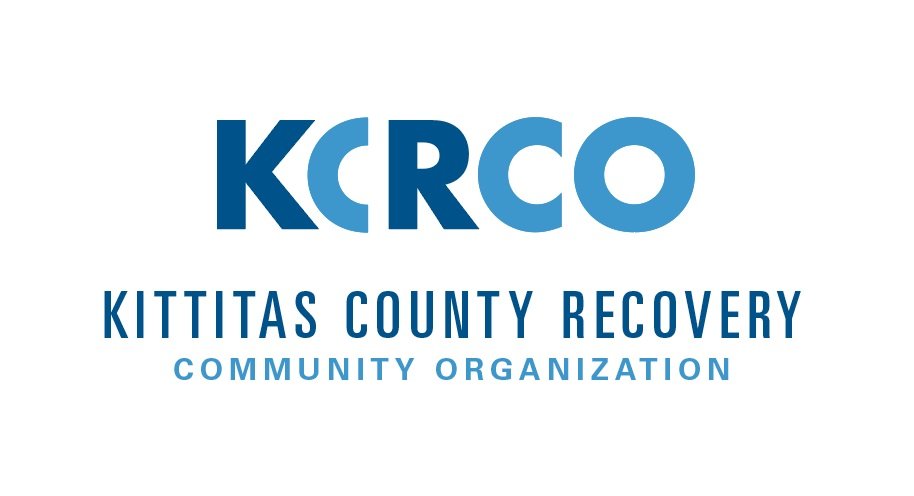Monday morning myth busting
There are some common myths that are continuously passed around in the field of substance use disorders. I am going to write about one of them so you can learn and help stop it.
It is a myth that “No one gets sober unless they want it”. This one is said in a way that says a person will only get sober when they truly want it, that no outside force can help them to make the decision to enter a life of sobriety. I believe this is a myth and here’s why:
A short lesson on intrinsic vs. extrinsic, or, internal vs. external motivation: We all are driven by internal and external motivators to live our lives. We all have both in a variety of ways and this holds true in this arena. We all go to work each day to earn a paycheck. That is a classic example of an external motivator. We go to work, give our time and effort, and we get a paycheck. An example of an internal motivator can be in the arena of taking care of our children. We do what we do to care for our children because we love them. We don’t do it because of an external force, but, because of our internal desire to love and care for them. There are many more examples I could give in many areas of our lives. Check out this article on extrinsic vs intrinsic motivators
In the arena of substance use disorders many people find a life in recovery not because of an internal desire to change, not because they wanted it, but, because of an external motivation to change. The goal can certainly be for that person to get to a point of shifting to having an internal motivation to stay in recovery, but the reality is many find their way to recovery because of external motivators. These external motivators can be from a doctor, law enforcement, or an employer. There are many cases where someone is told by their employer to either get help or they will lose their job. That is an external motivation to change. There are others who commit a crime and are externally motivated to change. They are told if they get help, change their behavior, they avoid more fines or even jail time. That is another external motivator to change. Those are just a couple examples of external motivators that help many to find a path to recovery. It happens every day where someone is purely externally motivated to change and enter a life in recovery and it works.
I believe that having external motivators that I give here, and others I haven’t named, CAN AND DO help people find a path to recovery. What I see happen for many is after a period of time that initial external motivator for change helps them get to an internal desire to stay in recovery and that is a beautiful thing to see happen. I would even argue that many stay in recovery for long periods of time with only those external motivators and that is good. For many though, they shift.
They shift from being externally motivated to being internally motivated to be in recovery. This period of time varies but on average when we provide about two years of recovery supports in a multitude of ways, we see this shift. When we provide access to ongoing counseling, housing, employment, family support, education, and recovery support we get to see the beauty of people sustain their lives in recovery. We see them shift from being externally motivated to being internally motivated to being in recovery. Link to information on recovery supports that support health, home, family, and community
It is a myth that someone must want it to find a life in recovery. We must stop spreading this myth and start spreading more support so more can live.
David A Douglas EdD CFLE
Executive Director/Founder
KCRCO


